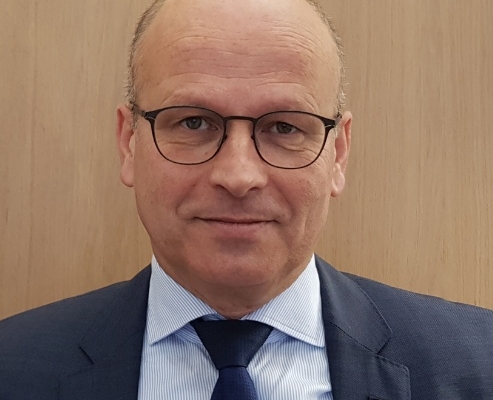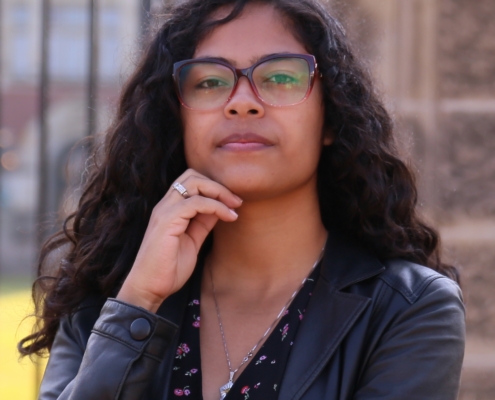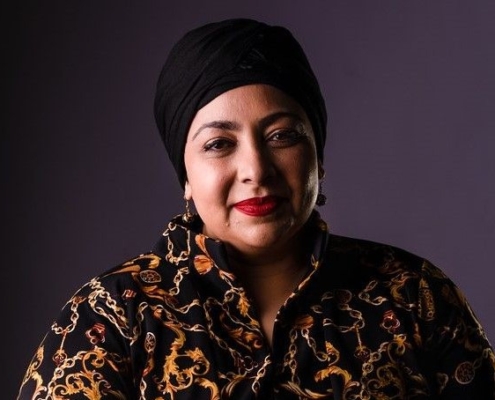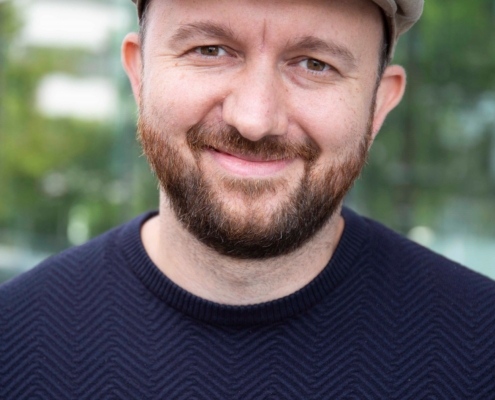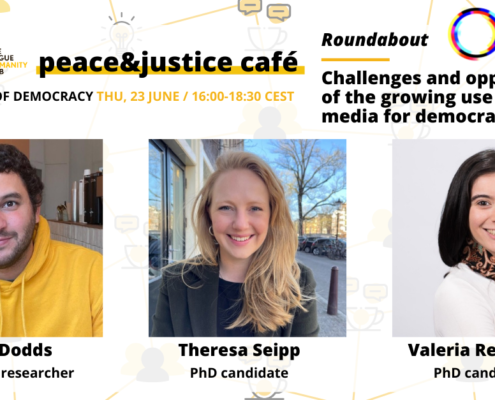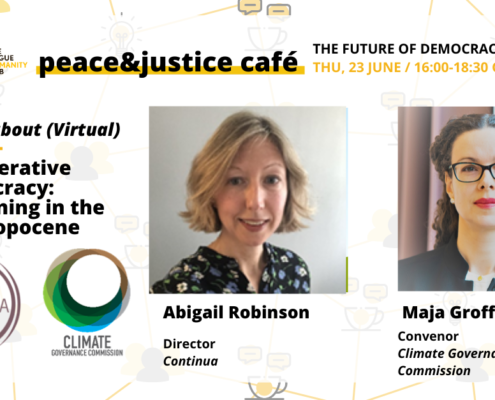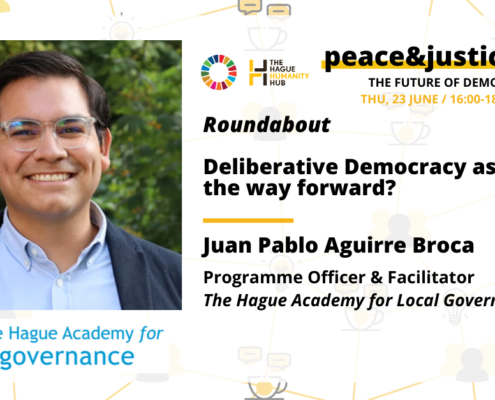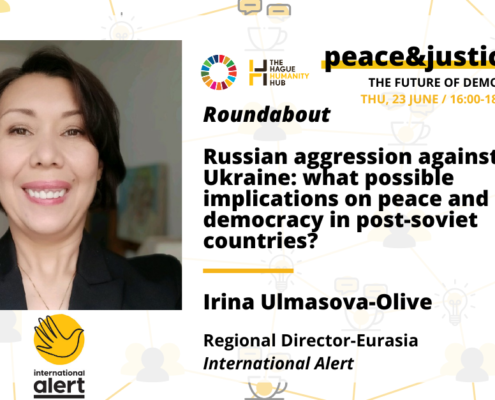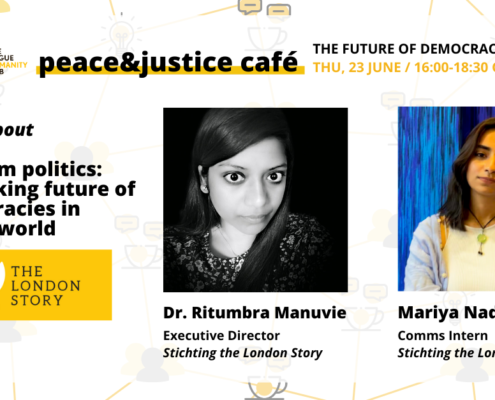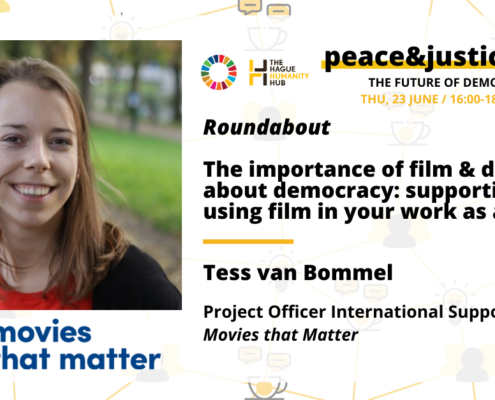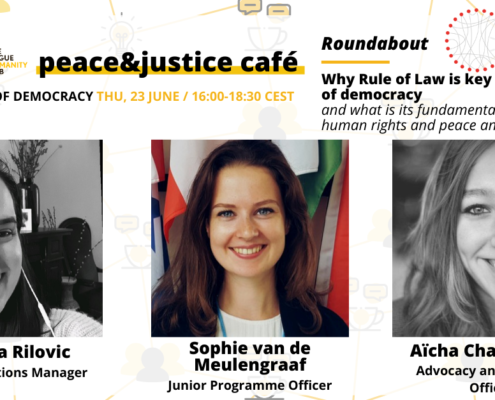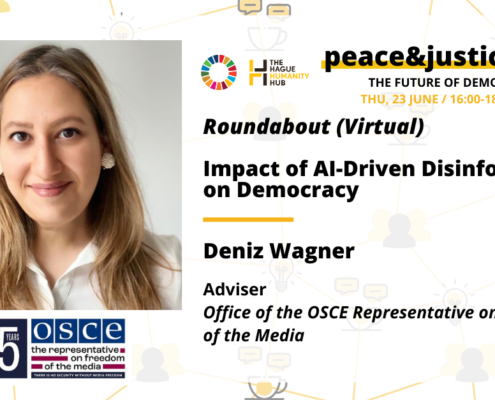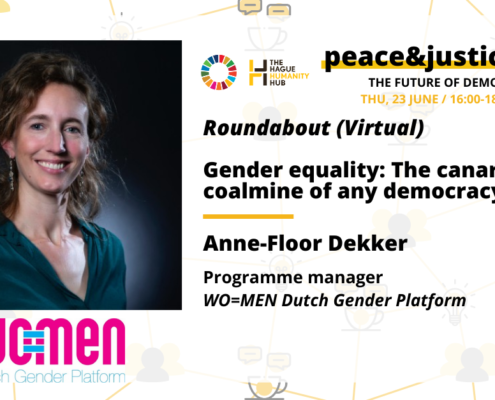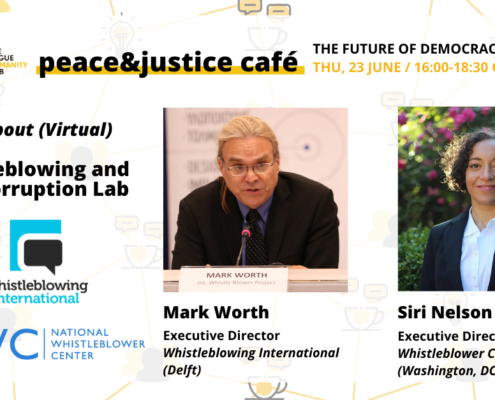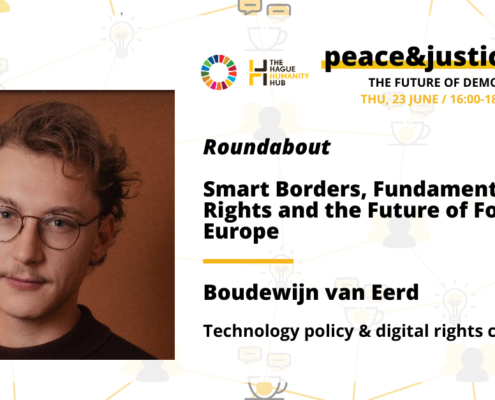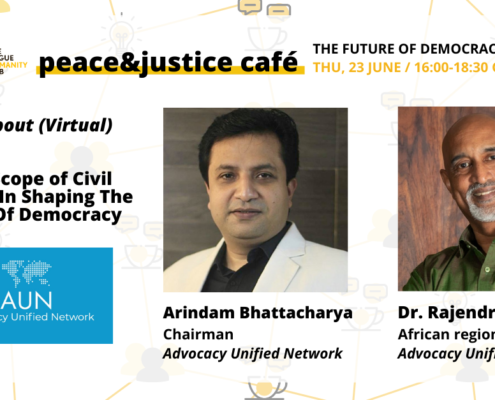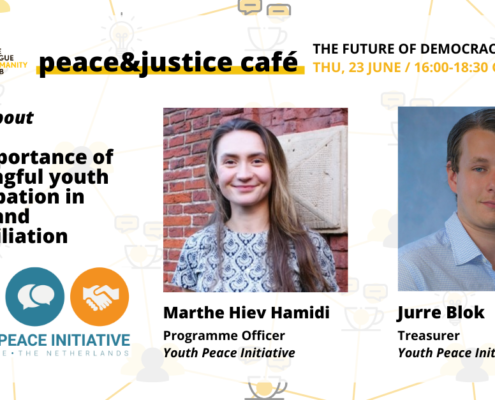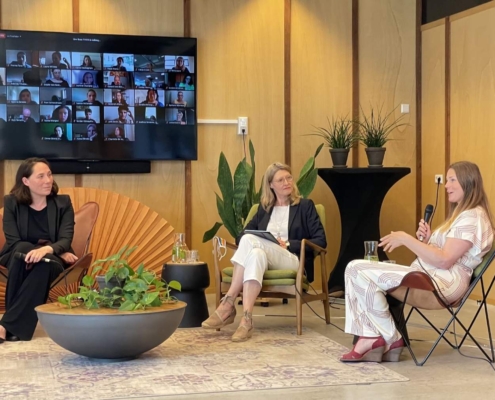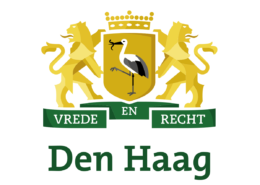the future of democracy
This edition of the peace&justice café focused on democracy: where it stands, where it’s going, and what can be done to preserve it.
Democracy sits at a critical juncture. Independent monitors have noted that less than 20 percent of the world’s population now live in a ‘free’ country – the lowest level since 1995. From disinformation and political polarisation, to rising authoritarianism and the erosion of public faith in institutions, the current challenges to its resilience are myriad. Nonetheless, the drive from civil society to protect it remains despite these troubling trends.
If you want to know more about the event, you can read our report here.
PREVIOUS EDITIONS
what’s the role of the private sector?
peace&justice café
For the fourth edition, we highlighted the role the private sector can, should, and does play in driving a more peaceful and just world. Professionals of The Hague’s public, private, and non-profit sectors explored how the private sector chooses to respond to these calls and how NGOs, governments, and international organisations can shape this expanded role that they are carving out.
Thursday, 14 April 2022
16:00 – 18:00 CEST
Hybrid (In-Person at the Humanity Hub City Centre, and online on Zoom)
The Hague in the world and the world in The Hague
peace&justice café
For the third edition, we discussed together with professionals from The Hague’s ecosystem what kind of impact The Hague is making in the world, and how the world is represented here in The Hague. Is the international city of peace and justice truly international? How are members of the Hague’s ecosystem focused on making a more peaceful and just world developing partnerships across borders, even during the pandemic?
Thursday, 27 January 2022
16:00 – 18:00 CEST
Humanity Hub via Zoom
where now for climate justice
peace&justice café
For the second edition on November 30, we discussed where we go now in the search for climate justice after COP26. What were the outcomes of #cop26? Did this ‘historic opportunity’ mean that we that we will be able to keep the temperature of the planet under control and limit its increase to 1.5 degrees? Are the promises that governments made on producing less carbon going to reverse the trends?
Tuesday, 30 November 2021
16:00 – 18:00 CEST
Humanity Hub via Zoom
touching base in a shifting world
peace&justice café launch event
For the first edition on June 15, we exclusively spotlighted (Hague-based) female leaders to share their perspectives on how the(ir) world has been shifting. The recent and sustained global upheavals have uprooted societies, disrupted ways of working, and exacerbated systemic inequalities and injustices. How can the Hague community of professionals respond and navigate this shift together?
Tuesday, 15 June 2021
16:00 – 17:45 CEST
Humanity Hub via Zoom


